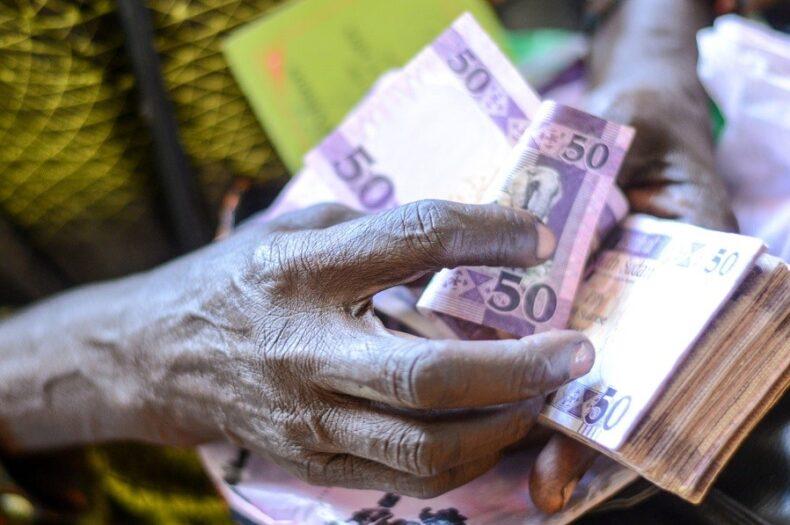Africa-Press – South-Sudan. The government did not use a microeconomic method to compute the 100 per cent wage increase for civil servants as announced by President Salva Kiir last year during his address to the country on the 10th anniversary of South Sudan’s independence.
According to Reja Gladys, an economist who is a lecturer at the University of Juba’s College of economics and social studies, there are indications that no proper feasibility may have been conducted as a precursor to the announcement.
On Monday, she told The City Review that the government would have taken into account the microeconomic factors including housing allowance, transportation, medical insurance, and the expense of leaving.
“They should have taken into consideration all those things and others, but what they did [was just] a manual, so they did not use the microeconomic variables,” she said in an interview.
Reja argued that the government’s actions would have no effect, claiming that it was not the economists’ fault because the government did not consult them when calculating the president’s 100 per cent increase.
She stated that the institutions in charge of advising or ensuring that civil servants are paid appropriately should have enlisted the help of experts, who, in this case, are economists, whose recommendations should be taken into account.
“We don’t just have to work with a fluctuating rate, there must be at least some factors to consider, like the standard of leaving based on what we do or what we pay.”
“If they were to ask the economist for advice, maybe invite 10 or 15 of them and give them the task of “here is the task, what can we do?” she argued, “the economist, of course, will definitely sit down and come up with a suitable framework.”
Reja revealed that a group of economists from the University of Juba, the Ministry of Finance, and the Ministry of Labour had worked out on the salary increment taking into account the market, inflation on prices such as the housing sector and how much a house is rented per month, and transportation, but the government did not implement what they recommended. She noted that they presented to the government recommendations which were divided into scenarios.
Options available
In scenario one, she said the salary structure was calculated using the Central Bank rate, and the factors considered were the 0.9 poverty rate using the US dollar.
She said: ‘‘Then there is the rent, transportation, medical allowance, social support, and risk allowance, which is 50 per cent, as well as hardship allowance for those working in difficult areas. [There are also] people with special technical skills and professional allowances for those who have attained a higher level of education, such as a PHD, on-call allowances of 10 per cent, and cash need when someone is on leave’’.
Scenario two according to her was based on the market, which is defined by demand and supply, as well as the black market prices when purchasing items.
The third scenario, she continued, takes into account the resource envelope, which includes revenue generated by the government from both oil and non-oil sources.
John Agany Deng, the chairperson of the national legislature’s information committee, challenged the economists to justify the 100 per cent civil salary increase earlier this month.
According to him, those who pay civil servants’ salaries misinterpreted the 100 per cent pay increase for civil servants, claiming that “it makes no difference whether a civil servant is paid SSP 1,500 or SSP 3,000 per month” given the country’s present market conditions.
“Our economists should have sat down and asked themselves what the 100 per cent payment for civil servants means. I don’t know if our people who are paying got this message, because if you say [it is] 100 per cent, and I am receiving SSP 1,500. This is simple arithmetic [and it is] having SSP 3,000,” he asked.
For More News And Analysis About South-Sudan Follow Africa-Press






